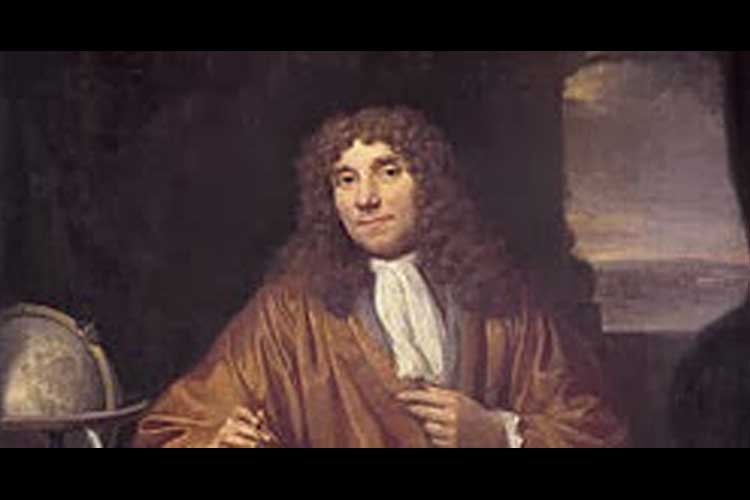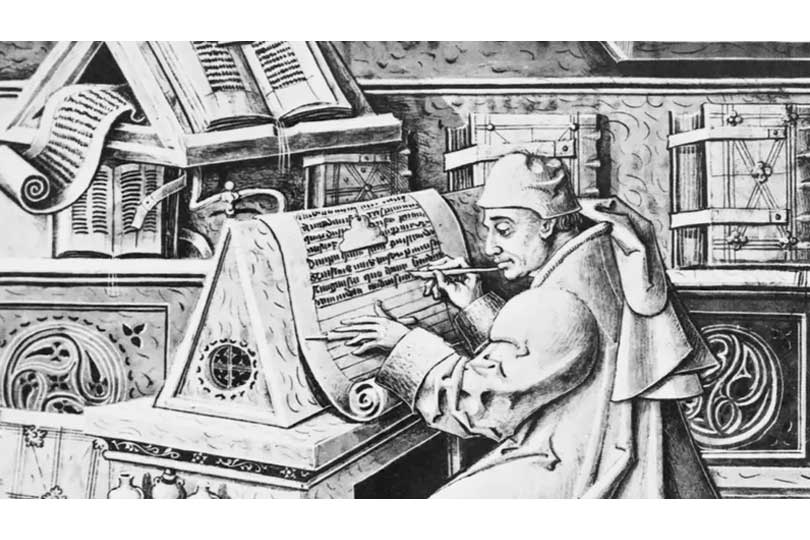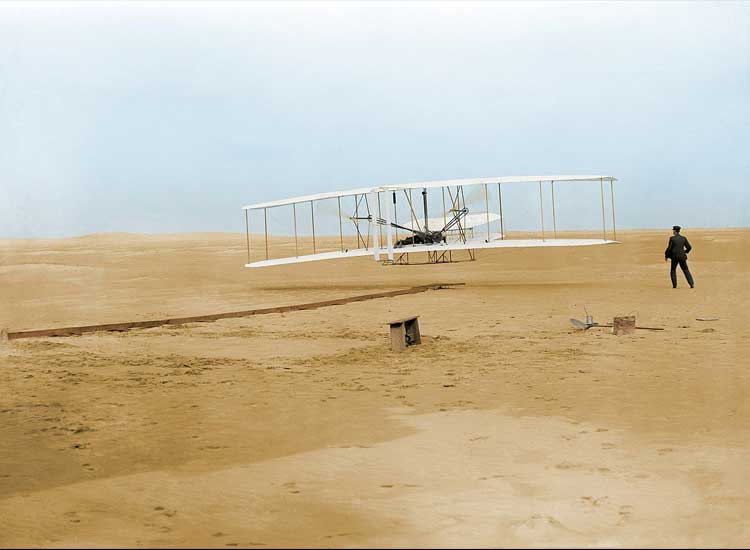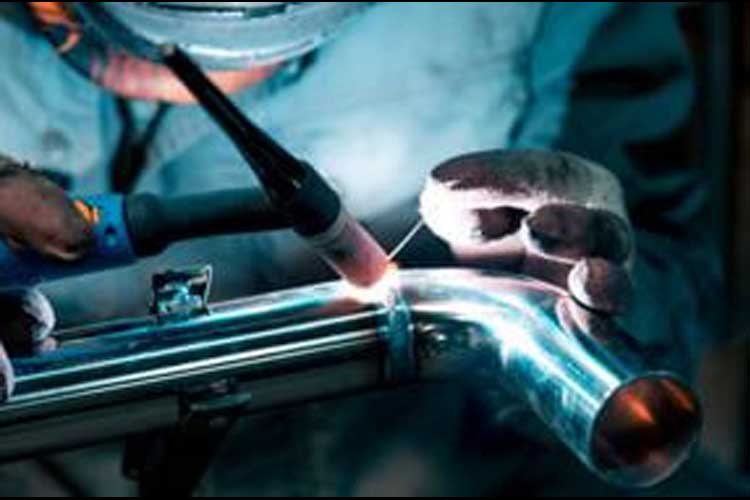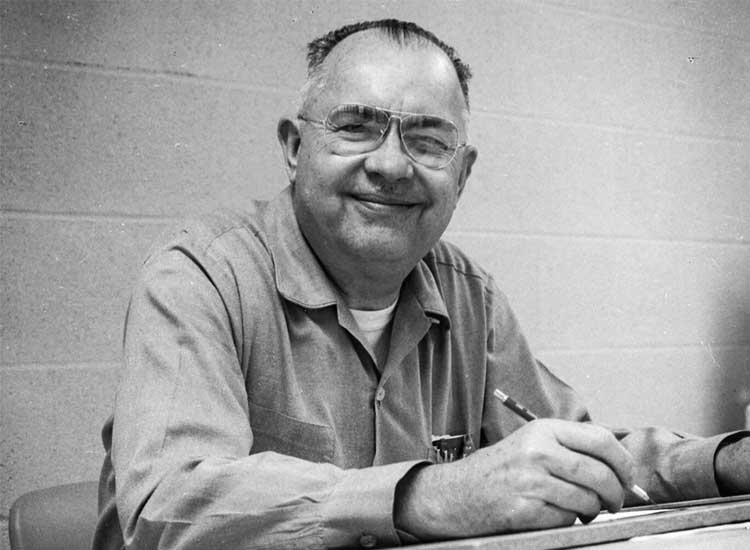Biography of Anthony Van Leeuwenhoek , Antonie Philips van Leeuwenhoek (24 October 1632 – 30 August 1723) was a Dutch scientist from Delft. He is called the “Father of Biology”, and is considered the first microbiologist. He was born the son of a basket maker. He is famous for the development of the microscope and his contribution to the founding of microbiology. He was the first person to observe and describe single-celled organisms.
He comes from a middle-class family and has been a municipal employee for most of his life in unimportant positions. Leeuwenhoek’s great discovery was due to his hobby of squinting through a microscope.
At that time, of course, one couldn’t just run to the store and buy a microscope, so Leeuwenhoek made his own. He was by no means a professional lens polisher and had never had any special training in that area. Even so, the skills developed were extraordinary, far beyond the habits of professionals at that time.
Even though people had invented microscopes before Leeuwenhoek was born, he did not use them. Instead, he carefully and precisely rubbed the small lens. Leeuwenhoek was able to produce a microscope that had much better observational power than existing microscopes. One of the surviving lenses has a magnification capacity of around 270 times, and there are even signs that he managed to make it more perfect than that.
Leeuwenhoek had enormous patience and was a diligent observer, had sharp eyesight and boundless curiosity. With this very small lens he examined various objects, from hair to dog sperm, from raindrops to small insects. Also fiber, leather parts and various other objects. He took careful notes and made detailed sketches of everything he observed.
From 1673 onwards, Leeuwenhoek always maintained relations with “The Royal Society of England”, a leading scientific institution of that era.
Even though he did not have a higher educational background (only elementary school and only knew one language, Dutch), he was elected to be a member of the scientific institution in 1680. He was also a member of the Academy of Sciences in Paris.
Leeuwenhoek was married twice, had six children but no grandchildren. His health was good, he was still able to work hard at the end of his life.
Many famous figures visited it, including the Czar of Russia, Peter the Great, and the Queen of England. He breathed his last breath in 1723 also in Delft at the age of 90 years.
Leeuwenhoek made many important discoveries. He was the first to describe spermatozoa (1677), and was one of the first to describe red blood and white blood.
He opposed the theory of the spontaneous generation of simple forms of life and presented much evidence against it. He was able to show, for example, that small, wingless blood-eating animals reproduce in a similar way to winged insects.
His greatest discovery came in 1674 when he made the first research on germs. This is one of the major discoveries regarding sperm fluid that resulted in fertilization in human history. In that small drop of water Leeuwenhock discovered a completely new world, a completely unexpected world, full of life.
Even though he doesn’t realize it yet, this new world has a very important meaning for humanity. In fact, the “microscopically small objects” he observed were often important forces in both human life and death. Once he had researched it, Leeuwenhoek was able to find germs in various different places: in wells and in puddles, in raindrops, in the mouth and intestines leading to the human anus. He described various forms of bacteria, as well as protozoa and calculated their sizes.
The use of Leeuwenhoek’s great discovery was not realized until the arrival of Pasteur almost two centuries later. The facts show that the entire problem of microbiology was practically idle until the 19th century when a perfected microscope was developed.
One might question that if Leeuwenhock had never been born into the world and his discoveries had not occurred until the 19th century, it might have made little difference to the progress of science.
However, there is no denying that it was Leeuwenhoek who discovered germs, and through him the world of science became aware of their presence.
Leeuwenhoek is often thought of as a person who by pure luck stumbled upon an important scientific discovery. This is absolutely far from the truth. His discovery of micro-organisms was the normal result of his careful construction of a microscope of a quality incomparable to any that existed at that time, and his patience and precision as a researcher.
In other words, his discovery was the result of a combination of skill and hard work, as opposed to and had nothing to do with mere luck.
The discovery of this germ is a rare and important scientific discovery made by an individual. Leeuwenhoek really worked alone. The discovery of protozoa and bacteria was not helped by anyone – this is not the case with most advances in biology – and was not a natural outgrowth of previous biological knowledge. It is this factor, along with the importance of the use of his discovery, that earns him a high place on this book list.
Discovery of Antony Van Leeuwenhoek
During his lifetime Antony Van Leeuwenhoek solved more than 500 optical lenses. And made more than 400 types of microscopes, until now there are only 9 left. Antony found silver and bronze to flank the lenses. This shows a lens magnification of 275 times. It is suspected that Antony Van Leeuwenhoek invented a microscope with a magnification of up to 500 times. However, his discovery will be remembered throughout time.
The discoveries of Antony Van Leeuwenhoek
* the infusoria (protists in modern zoological classification), in 1674
* the bacteria, (eg large Selenomonads from the human mouth), in 1676
* the spermatozoa in 1677. Van Leeuwenhoek had troubles with Dutch theologists about his practice.
* the banded pattern of muscular fibers, in 1682.
In 1687 he researched coffee beans. He boiled the coffee beans, and cut them into several pieces and saw the sponge inside, he had never seen this symptom before. The seeds are pressed and after that the oil comes out of the seeds. Then it was boiled again in water twice, and Antony drank it.

